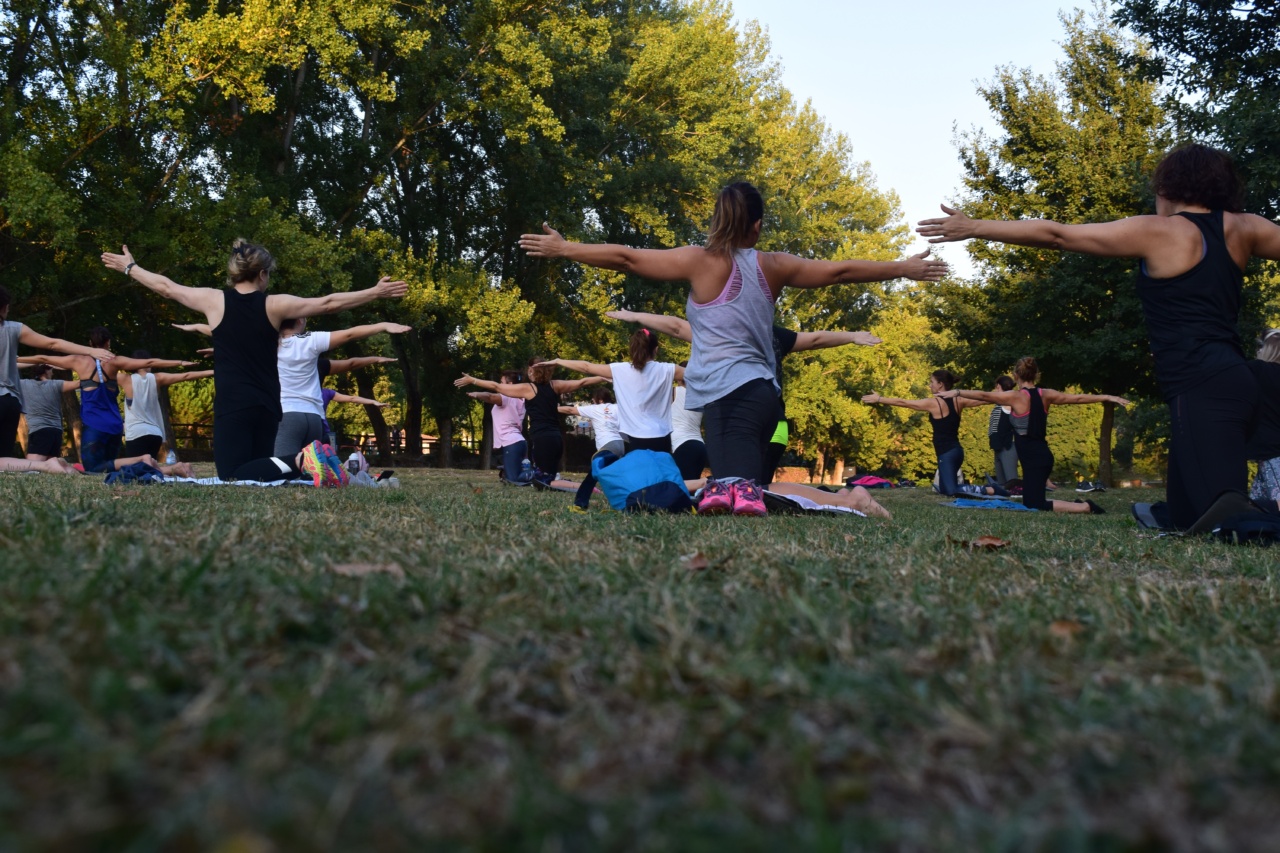Muscle cramps are painful and uncomfortable contractions of muscles, which can occur in any part of the body and are especially common in the legs. They can happen to anyone, at any time, and the causes of muscle cramps can be different.
Fortunately, there are many remedies for muscle cramps that can help alleviate the discomfort and get you back to your daily activities.
1. Stretching
Stretching is effective in preventing muscle cramps, and it can also help to alleviate them. Gently stretch the affected muscle, and hold the stretch for 30 seconds. Repeat the stretch two or three times.
2. Massage
Gently massaging the affected muscle can help reduce muscle cramps. Use your hands to apply pressure to the cramp and massage in a circular motion.
3. Heat
Applying heat to the affected area can help relax the muscle and relieve the discomfort of muscle cramps. Use a hot pack or warm towel for 20 minutes at a time.
4. Ice
Applying ice to the affected area can also relieve muscle cramps. Wrap the ice pack or bag of ice in a towel and apply it to the affected area for 15-20 minutes at a time.
5. Hydration
Drinking plenty of water can help prevent muscle cramps, especially during physical activity. Hydration is critical for proper muscle function and can help reduce cramps.
6. Electrolytes
Electrolytes are minerals that help regulate muscle function. When electrolyte levels are low, muscle cramps can occur. Eating foods that are rich in electrolytes, such as bananas or sweet potatoes, can help prevent muscle cramps.
7. Supplements
Supplements such as magnesium and calcium can help prevent muscle cramps. Talk to your doctor before taking any supplements.
8. Proper Footwear
Wearing proper footwear can help prevent muscle cramps in the feet and legs. Shoes that are too tight or lack support can cause cramps.
9. Rest
Resting the affected muscle can help alleviate muscle cramps. Avoid activities that may aggravate the cramp until it has subsided.
10. Decrease Physical Activity
If you experience muscle cramps during physical activity, decreasing the intensity or duration of the activity may help alleviate the cramps. Gradually increase the intensity and duration as the muscles become accustomed to the activity.
11. Post-Workout Stretching
Stretching after a workout can help prevent muscle cramps, as it helps the muscles to cool down and relax.
12. Change Positions
If you are sitting for prolonged periods, stand up and walk around periodically. Changing positions can help prevent muscle cramps in the legs and feet.
13. Yoga
Yoga can help prevent muscle cramps and alleviate discomfort. Focus on poses that stretch and strengthen the muscles.
14. Acupuncture
Acupuncture can help reduce the frequency and intensity of muscle cramps. Talk to your doctor about acupuncture as a potential remedy.
15. Avoid Alcohol and Caffeine
Alcohol and caffeine can dehydrate the body, leading to an increased risk of muscle cramps. Avoid or limit alcohol and caffeine consumption to prevent cramps.
16. Heat Therapy
Heat therapy, such as a warm bath or heating pad, can help alleviate muscle cramps. The heat loosens the muscles and increases blood flow, reducing cramps.
17. Gently Shake Leg
If you experience muscle cramps in your legs, gently shake your leg to alleviate the cramp. The shaking motion helps to relax the muscles and reduce cramps.
18. Essential Oils
Essential oils such as peppermint, lavender, and eucalyptus can help reduce muscle cramps. Massage the oils into the affected area or use a diffuser to enjoy their benefits.
19. Antidepressants
Certain antidepressants, such as amitriptyline and nortriptyline, can help reduce the frequency and intensity of muscle cramps. Talk to your doctor about whether antidepressants may be a helpful remedy for your muscle cramps.
20. Medical Treatment
If muscle cramps persist or are severe, medical treatment may be necessary. A doctor can assess your condition and recommend treatment options, such as physical therapy or medication.
21. Reduce Stress
Stress can cause muscle tension, leading to an increased risk of muscle cramps. Practicing stress-reducing techniques such as meditation or yoga can help prevent muscle cramps.
22. Potassium
Potassium is an electrolyte that helps regulate muscle function. Eating foods that are rich in potassium, such as bananas or avocados, can help prevent muscle cramps.
23. Vitamin D
Vitamin D is essential for muscle function. A deficiency in vitamin D can increase the risk of muscle cramps. Eating foods rich in vitamin D, such as salmon or fortified milk, or taking vitamin D supplements may help prevent cramps.
24. Sleep
A lack of sleep can cause muscle tension and increase the risk of muscle cramps. Aim for 7-8 hours of sleep per night to help prevent muscle cramps.
25. Electromyography (EMG)
Electromyography (EMG) is a medical test that measures muscle activity. It can help diagnose muscle cramps and assess the severity of the condition.
26. Diet
A balanced diet is essential for muscle health. Eating a diet that is rich in protein and nutrients can help prevent muscle cramps.
27. Antispasmodics
Antispasmodics such as baclofen or dantrolene can help reduce muscle cramps. Talk to your doctor about whether antispasmodics may be a helpful remedy for your muscle cramps.
28. Physical Therapy
Physical therapy can help prevent muscle cramps and alleviate discomfort. A physical therapist can assess your condition and recommend exercises and stretches to prevent cramps.
29. Compression Socks
Compression socks can help improve blood flow and prevent muscle cramps in the legs. They are especially useful for people who stand or sit for prolonged periods.
30. Magnesium
Magnesium is essential for proper muscle function. Eating foods that are rich in magnesium, such as spinach or almonds, or taking magnesium supplements can help prevent muscle cramps.































